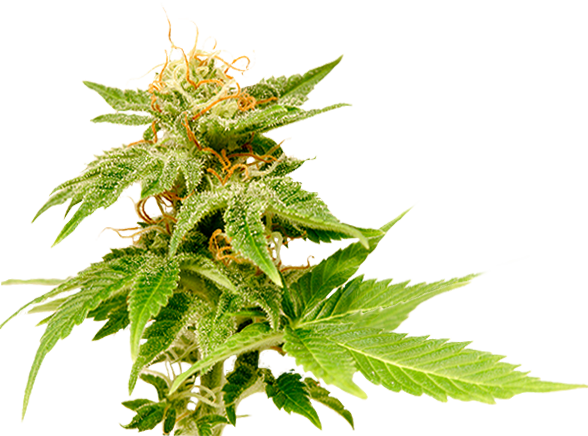CELEBRATION
I wish drink did the trick, I really do. People in bars look like they’re having a wonderful time, and people at parties laugh a lot more after drinking. But, like several other women in my family, I don’t tolerate alcohol well, so marijuana is my inebriant of choice.
It should be no more significant than that. Instead, the millions of people who smoke pot routinely must be furtive about their habit because in most parts of the world, and in most of the United States, there are legal and financial penalties for smoking pot. At present, three-quarters of a million people in theUSAare behind bars for marijuana offenses. Costs vary from state to state, but on average it costs taxpayers about $47,000 per prisoner. We could save $33 billion a year simply by pardoning all the inmates who are in prison because of marijuana. This wouldn’t save only money: it would save lives. It is profoundly unjust that so many (principally minority youth) are in jail because they own or traffic in an herb that gives pleasure to so many.
There are also social penalties, so smokers tend to be quiet about their habit. Along with the secrecy comes a certain shame, at least for people past a certain age, at least about habitual smoking.
I write this account to counteract that shame. I think it’s time for a positive narrative about long-term cannabis use. As someone who’s indulged for some fifty years, I’m glad to publish this memoir under my own name. It’s high time marijuana habitués came out of the closet – hat’s off to Bill Maher! Pot use should be normalized. Weed is not something exotic, and smoking pot doesn’t mean you’re peculiar. When gays started coming out, the laws changed. I believe that people who get high should be more open about it, within their risk tolerance. That’s what fuels this memoir.
Additionally, I’m drawn to the literary challenge of organizing the events of my life as they relate to marijuana – and (sadly? gladly?) it isn’t much of a stretch. Weed is the spine of this memoir as drinking is the center of so many others, such as Caroline Knapp’s Drinking: A Love Story, Pete Hamill’s A Drinking Life, Barbara Holland’s The Joy of Drinking and Mary Karr’s Lit.
Reverse chronology seems the only way I can write this. For one thing, I wouldn’t want the reader to expect the usual narrative arc. I do not end up in prison. My life isn’t ruined. I do not regret my years of lighting up. On the contrary.




